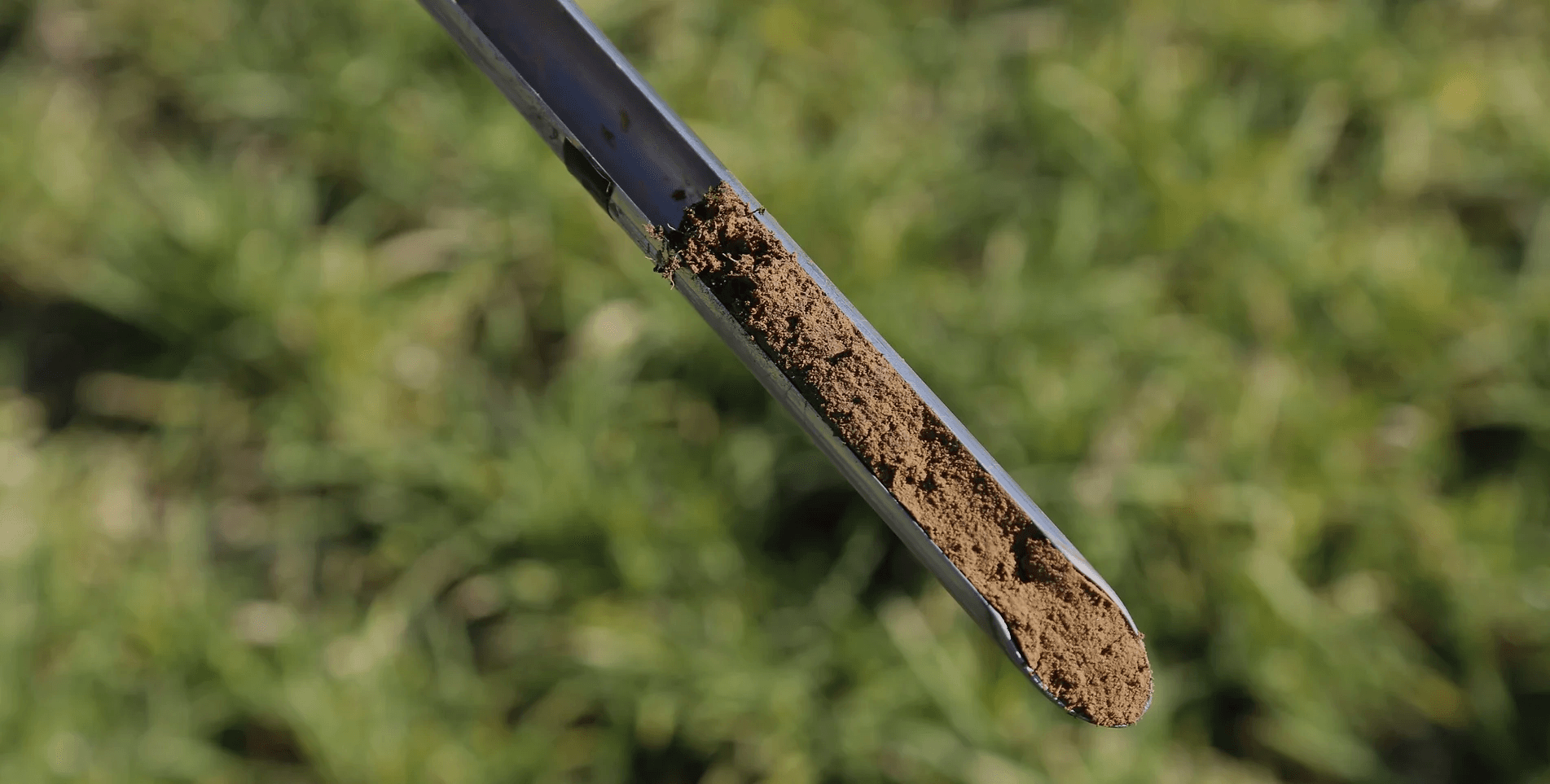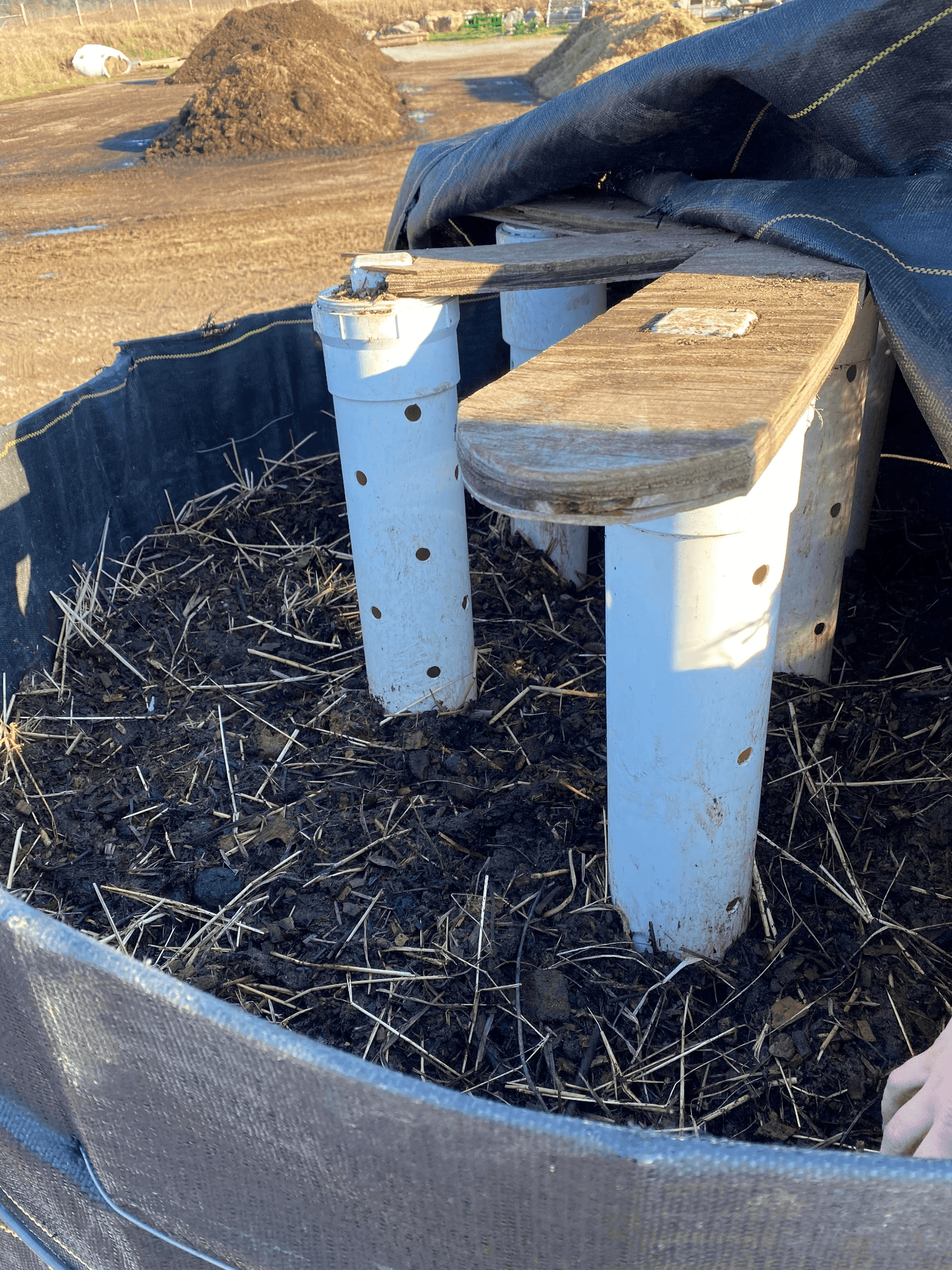Ongoing Study Highlight



Specialized Organic Amendments for Soil Health in Organic Systems
Project Lead: Sindhu Jagadamma
Summary: Organic farms heavily rely on compost and other organic sources to meet soil fertility needs. Windrow compost is currently the most widely used nutrient source in organic farms. However, reliance on windrow compost has several drawbacks, including high labor and capital costs, high application rate to meet crop nutrient requirements, and transportation to farm if on-farm production in such large quantities is not feasible.
An alternative to windrow compost is the Biologically Enhanced Agricultural Management (BEAM) inoculant (https://beamcompost.com/). The BEAM inoculant can be easily prepared on-farm at low labor and capital costs, and only a small quantity is required for crops. The preliminary field studies in the southwestern United States indicate that the BEAM inoculant increases soil health and crop vigor. However, systematic studies on the performance and economic feasibility of the BEAM compost in different crops and geographic regions are lacking.
This project will compare the effects of windrow and BEAM compost amendments on soil health and crop yield. Both composts will be prepared on-farm at the Caney Fork Farms with tree trimmings and other wastes generated at the farm and applied to a vegetable system. In addition to studying the impacts on soil health and crop production, we will also compare the profitability of these two amendments. The findings from this research will help Caney Fork Farms and other producers to make data-informed decisions on the use of different compost materials on their farms. This project is jointly funded by the Organic Center and the Foundation for Food and Agriculture Research.
Save 10% on your first purchase
Never miss our updates about new arrivals and special offers
